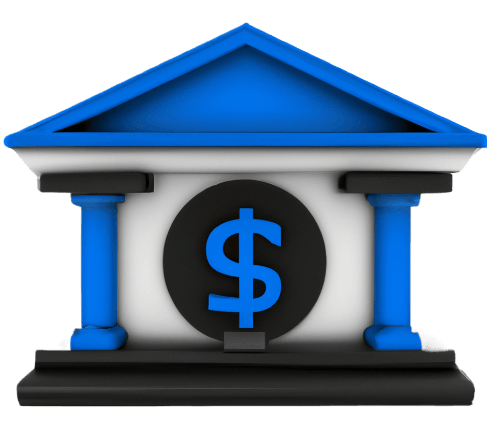Macroeconomics
Macroeconomics is the study of economic phenomena that affect the entire economy, such as inflation, unemployment, economic growth, business cycles, and interest rates. In other words, macroeconomics deals with aggregate economic indicators.
What Macroeconomics Studies
In macroeconomics, many data points are used to measure and understand the performance of an economy, but three are particularly important: real GDP, inflation, and unemployment. Real GDP measures both the total income and expenditure of the economy; inflation measures the rate at which the overall price level is rising; and the unemployment rate measures the portion of the labor force that is currently without work. Macroeconomics studies how these three variables are determined, how they change over time, and how they interact with each other.
Over time, GDP typically grows, allowing the population to enjoy a higher standard of living. However, this growth is not steady. There are periods when real GDP declines, known as recessions, and if the decline is severe, it is called a depression. Normally, a recovery period follows, then a boom. Macroeconomics seeks to understand the causes and consequences of each of these phases, both in the short and long term, recognizing that they are often unpredictable.
Economies go through tough periods marked by high unemployment, recessions, financial crises, and low growth. Macroeconomics aims to understand and explain why this happens and what can be done about it.
Differences Between Macroeconomics and Microeconomics
Unlike microeconomics, which studies individual behavior, macroeconomics examines the economy as a whole, seeking to explain changes that affect households, businesses, and markets collectively.
Since the economy is made up of a set of businesses and households that interact in multiple markets simultaneously, microeconomics and macroeconomics are closely related. In fact, much of modern macroeconomics is based on microeconomic concepts to try to explain large-scale trends, a field known as microfounded macroeconomics.
Some economists argue that the difference between microeconomics and macroeconomics is not simply that microeconomics focuses on smaller-scale issues and macroeconomics on aggregate ones, but rather how each field defines an individual. In microeconomics, individuals refer to households and firms, while the unit of study in macroeconomics is the national economy.
